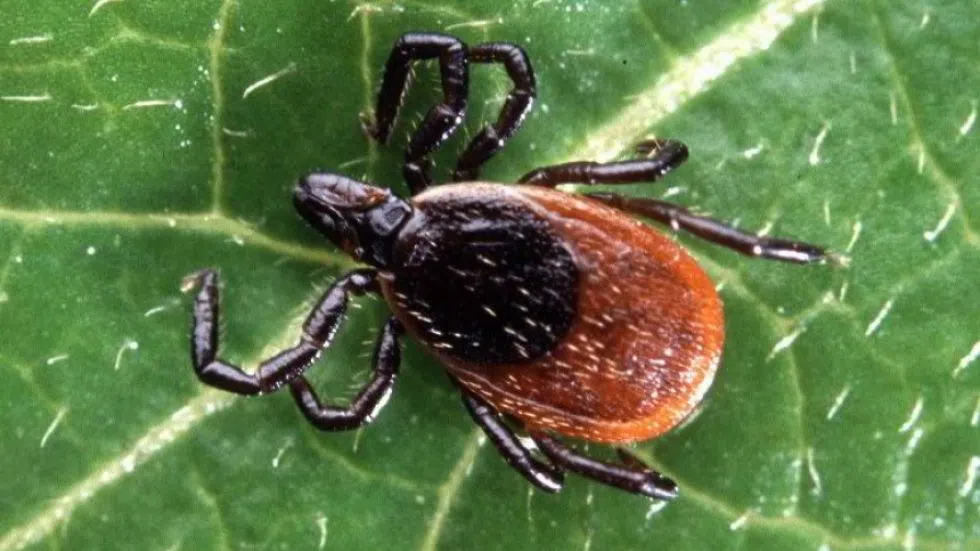
Health officer urges precaution against tick-related diseases
Lyme Disease isn’t the only concern when dealing with certain tick bites in Saskatchewan. The Medical Health Officer for Prince Albert says there are a number of other tick related diseases that can be transferred to both humans and animals.
“Rickettsia, Coxiella and other types of Borrelia Hermsii just to name a few,” Dr. Khami Chokani said. “Just like with the West Nile virus, these may not present signs and symptoms in most people but if left untreated these zoonotic diseases can be debilitating.”
Chokani said the number of cases involving these other diseases is hard to track mostly because people don’t report symptoms and the cases are left undiagnosed.
“If you feel tired and achy but can’t pinpoint the cause, think about whether you have potentially been exposed to ticks…like being in a wooded or grassy area and let your physician know,” Chokani said. “An actual tick bite isn’t needed for diagnoses…just the possibility of being in an area of exposure.”


